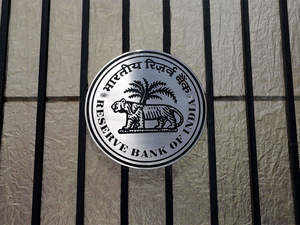
The central bank also allowed sale of standard loans either on a slump sale basis or through loan assignments under which banks sell their loan receivables for upfront cash from the buyer to improve their cash flows, while keeping the loans on their books.The Reserve Bank of India (RBI) is proposing a new set of guidelines that would address the differential between mortgage loans and other loans securitisation, simplifying regulations. In two draft papers released on its website the central bank also proposed to bridge the difference between sale of loans and assignments’ of receivables which lenders use to improve their cash flows while keeping the loans on their books.
In the draft guildelines RBI said has modified the definition of securitisation to include single asset securities against the multiple asset securities allowed in the existing norms.
Only transactions that result in multiple tranches of securities being issued reflecting different credit risks will be treated as securitisation transactions are covered in these guidelines.
Loans even purchased from other lenders can be securitised which is a change from the current rules.
“Carve outs have been provided for Residential Mortgage Backed Securities (RMBS) in prescriptions regarding minimum holding period (MHP), minimum retention requirement (MRR) and reset of credit enhancements,” RBI said.
Market participants have time till June 30 give their comments and suggestions to RBI on these guidelines.
The central bank also allowed sale of standard loans either on a slump sale basis or through loan assignments under which banks sell their loan receivables for upfront cash from the buyer to improve their cash flows, while keeping the loans on their books.
Standard assets can also be sold through a loan participation contract either by funded or risk participation. However stressed loans can only be sold through an assignment basis or through a slump sale.
There will also be no requirement of MRR for sale of loans. Banks were so far required to retain a part of the loan sold in their books which has been done away with.
Lenders have also been given a free hand to decide their own price discovery process. Also, stressed assets can now be sold to any entity that is permitted to take on loan exposures by its statutory or regulatory framework.
Source: indiatimes.com

